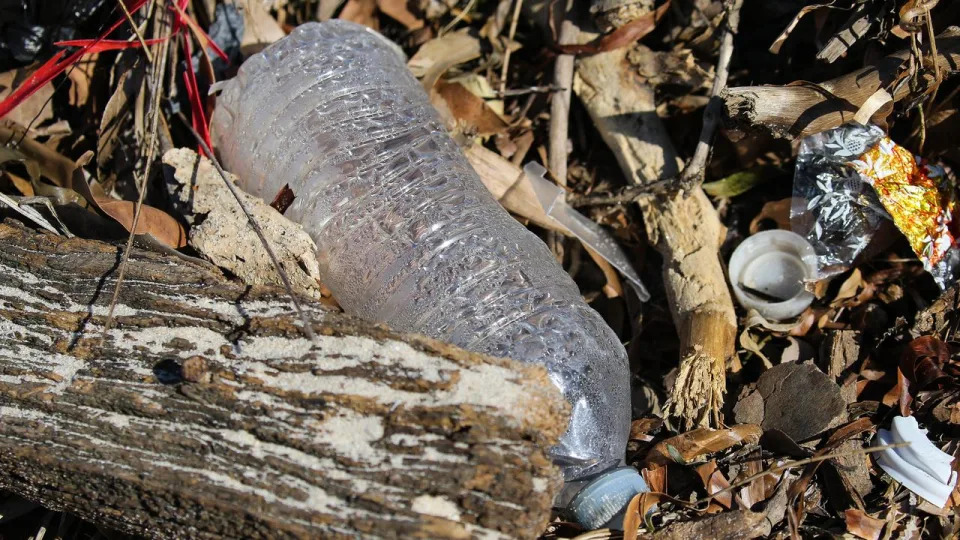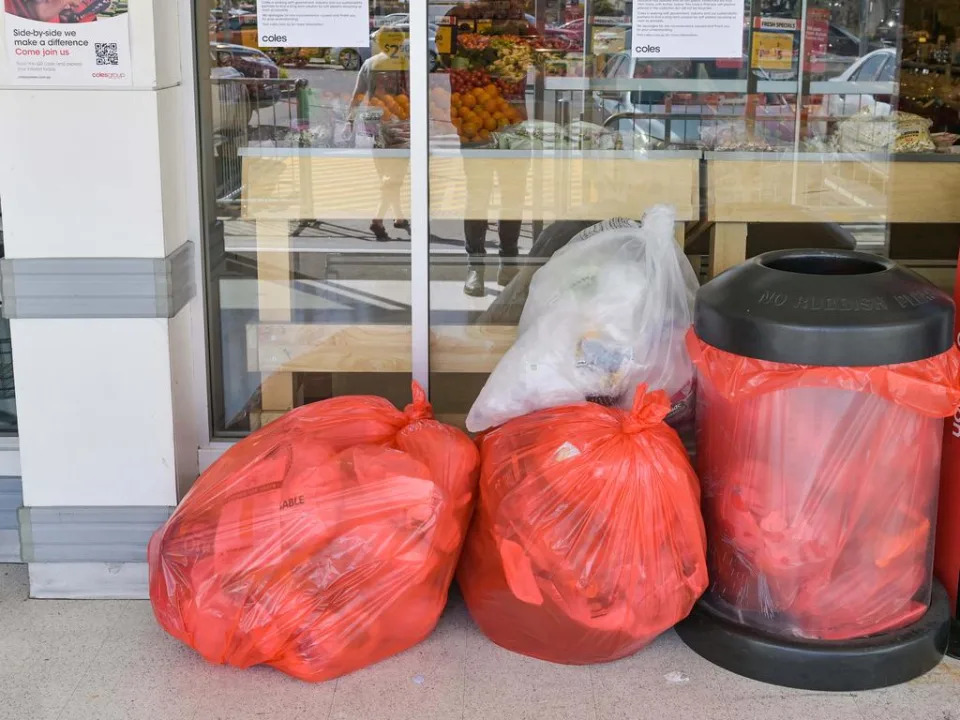Australië staat op een cruciaal punt in zijn strijd tegen plasticvervuiling. Een recent voorstel, geïnspireerd door de aanpak van de Europese Unie, suggereert de invoering van een belasting op plastic verpakkingen. Deze gedurfde zet zou potentieel een verbazingwekkende $1,5 miljard per jaar in de schatkist van het land kunnen pompen.
Het onderzoek van het Australia Institute onthult een opvallend cijfer: de federale overheid zou $1300 per ton niet-gerecycled plastic kunnen verzamelen door een belasting te heffen op bedrijven die betrokken zijn bij de import of productie van plastic verpakkingen. Dit initiatief draait niet alleen om het genereren van inkomsten; het is een duidelijke oproep voor een drastische verandering in onze plasticconsumptie en recyclinggewoonten.
Australië's strijd tegen een groeiende tsunami van plastic afval is goed gedocumenteerd. De huidige recyclingpercentages voor plastic afval zijn treurig laag, met minder dan een vijfde die jaarlijks wordt gerecycled. Deze trend, in combinatie met de voorspelde verdubbeling van de plasticconsumptie tegen 2050, schetst een somber beeld.
De voorgestelde heffing, afgestemd op het EU-model dat in 2021 werd geïntroduceerd, vereist dat bedrijven € 800 per ton niet-gerecycled plastic verpakkingsafval betalen. In Australische valuta komt dit neer op ongeveer $1300 per ton. Met een geschatte 1,179 miljoen ton verpakkingsafval per jaar, zou de heffing ongeveer $1,46 miljard kunnen opleveren.
De publieke opinie steunt dit initiatief, met een onderzoek van het Australia Institute dat een sterke steun laat zien voor wettelijke afvalreductiedoelen en de opname van gerecycled materiaal in plastic producten. Een opmerkelijke 78% van de respondenten steunde ook een verbod op niet-recyclebare kunststoffen thuis.
Concluderend vertegenwoordigt de potentiële belasting van Australië op plastic verpakkingen een transformatieve aanpak van plastic afval. Door recycling te stimuleren en plasticgebruik te verminderen, kan dit beleid aanzienlijk bijdragen aan ecologische duurzaamheid en een meer circulaire economie creëren.




